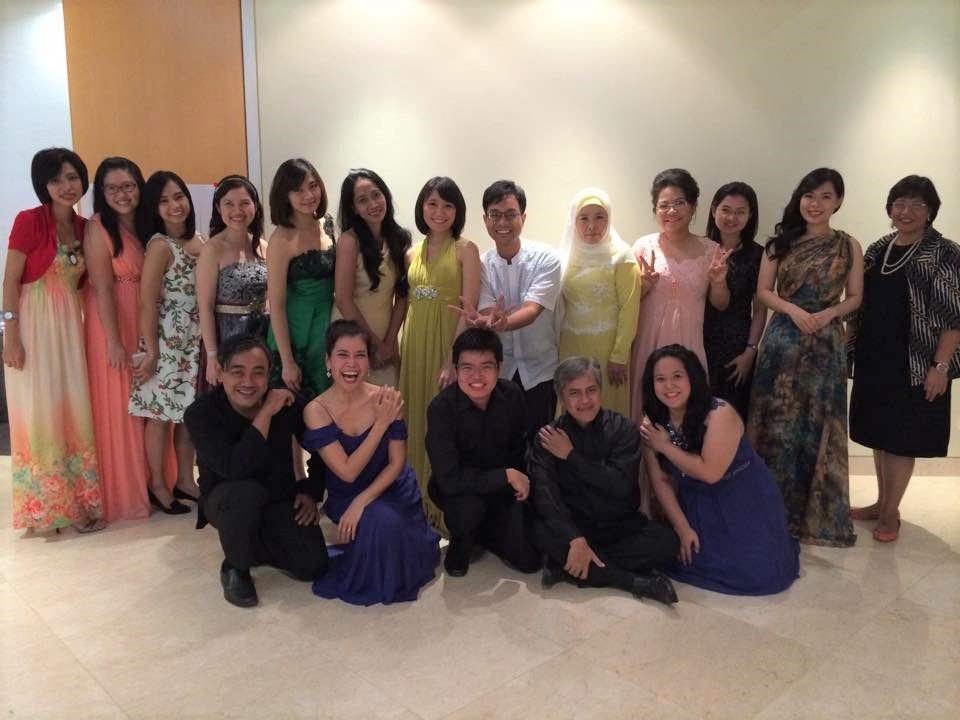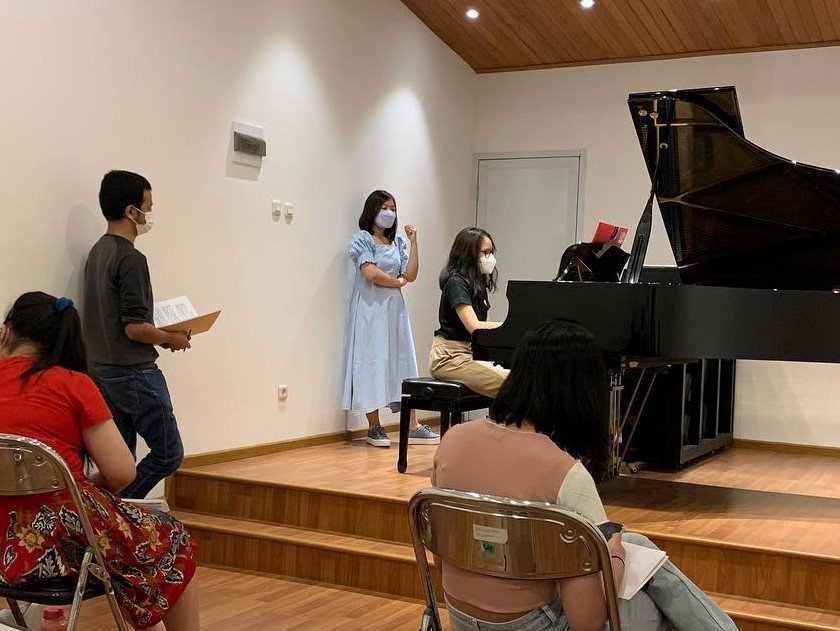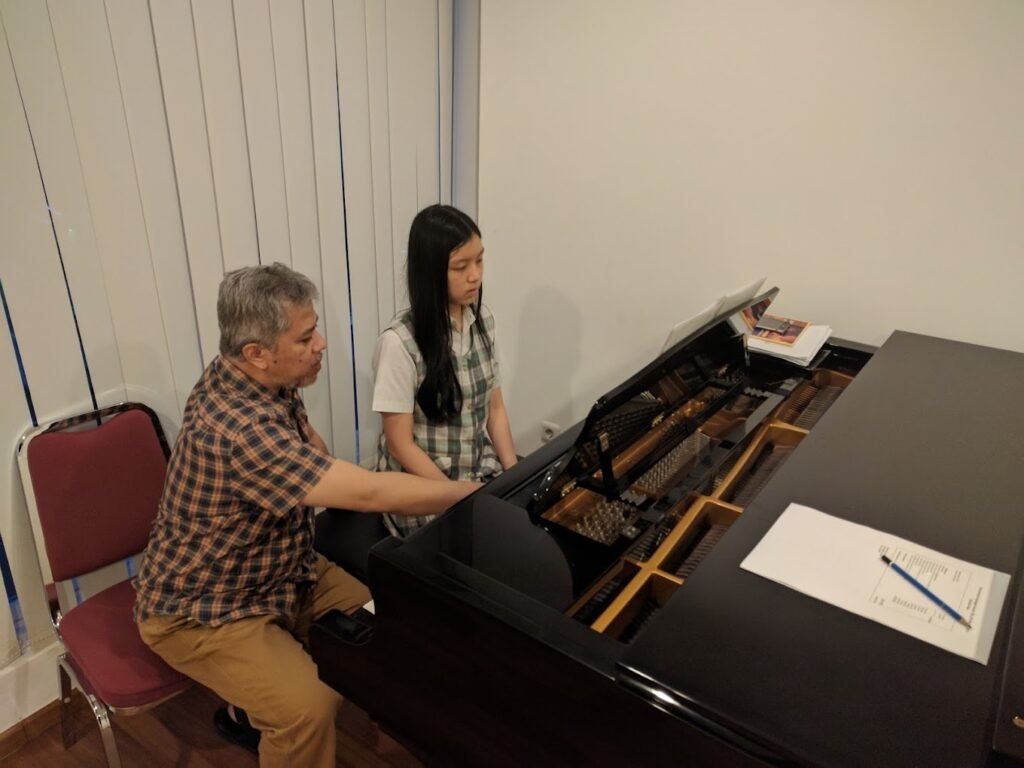About
Background
Jakarta Conservatory of Music was founded in April 2002 and is supported by a group of musicians who are well known to Indonesian music lovers, including Ananda Sukarlan, Adelaide Simbolon, Binu D. Sukaman, Iswargia R. Sudarno, and Rudy Rd. Alwi.
Aiming to provide quality Western classical music education, Jakarta Conservatory of Music is supported by teaching staff with strong experience and background in Western classical music education. Some of them include music artists who are active in Indonesia today.

Mission
More than just meeting the needs of the community for quality music education, Jakarta Conservatory of Music also has a concern for the development of musical arts activities in Indonesia. In accordance with the word “conservatory”, which is a place to keep and maintain the perpetuity (conservation) of a particular aspect or object, Jakarta Conservatory of Music also organizes many other activities in addition to music education that increases the interest and appreciation of the general public for music, such as concerts, festivals, competitions, etc.

The main activity in music conservation is certainly the transfer of knowledge or education, in this case the performance of music. In carrying out this mission, the Conservatory not only teaches its students to be able to play music, but also further provides education that forms a dedicated and highly motivated artist. In this case, forming musicians who not only understand how to play music, but also understand the main rules of art, and become a person who has a high and broad appreciation of art.

Curriculum
In its music training for beginner to advanced musicians, Jakarta Conservatory of Music applies a well-rounded curriculum that focuses not only on playing skills, but also on musical knowledge and insight. This aspect is applied in all education programs, from the Music Education for Young Children Program to the Performance Diploma Program. Therefore, theoretical subjects are as important as practical subjects. The portion and detail given to each of the above areas is of course adjusted to the grades of the education program provided.

